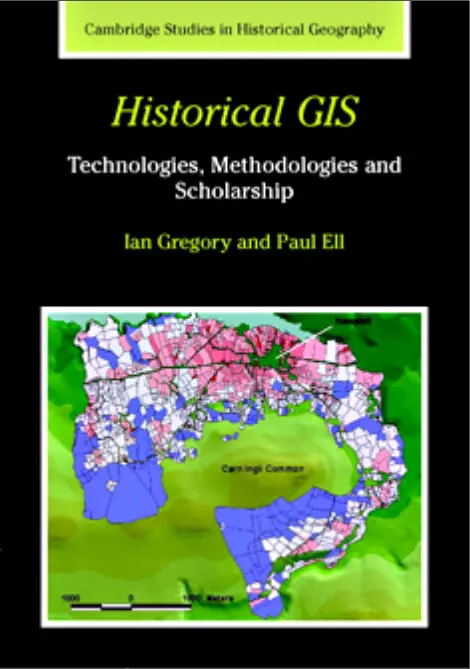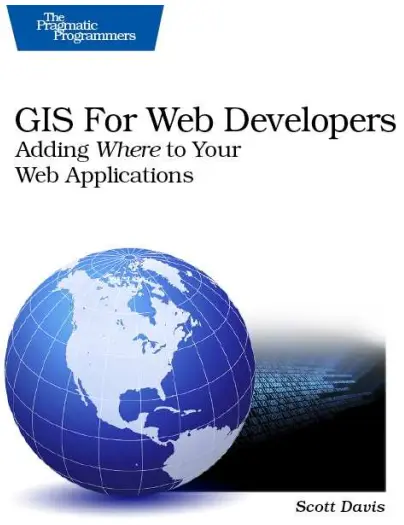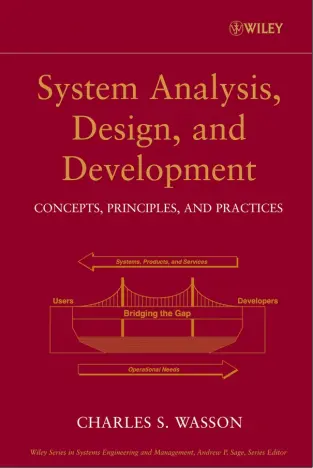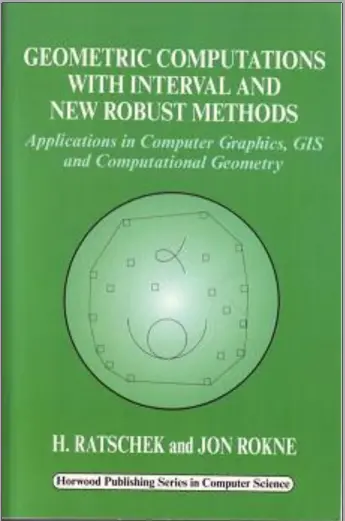System Analysis, Design, and Development Concepts, Principles, and Practices
⚙️ System Analysis, Design, and Development – Mastering the Art of Building Smart Systems
“System Analysis, Design, and Development: Concepts, Principles, and Practices” is a comprehensive guidebook for software engineers, analysts, and IT architects who are involved in building structured, scalable, and maintainable systems. It offers a crystal-clear breakdown of how complex software projects are conceived, planned, and executed — from the first spark of an idea to a fully deployed system.
The book blends traditional system development life cycle (SDLC) models with modern agile and iterative approaches. It covers everything from requirement gathering, feasibility analysis, system modeling, and prototyping to architecture design, testing strategies, and system deployment. Special emphasis is given to ensuring systems align with business goals and user needs.
This book is perfect for:
- 🧠 System analysts and software architects
- 📐 Developers involved in enterprise application planning
- 🎓 Computer science students and educators
- 🚀 Project managers seeking clarity in system workflows
Through real-world examples and practical tools like UML, DFDs, ER diagrams, and structured documentation techniques, the book empowers readers to design systems that are not only functional, but elegant, efficient, and future-proof.
Keywords: System Analysis, Software Design, SDLC, System Development Life Cycle, Requirements Engineering, UML, Agile Systems, Enterprise Architecture






comments
Leave a Reply
Your email address will not be published. Required fields are marked *